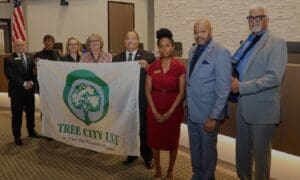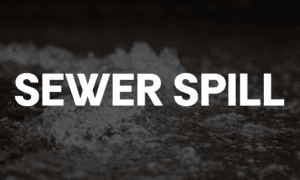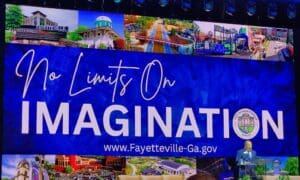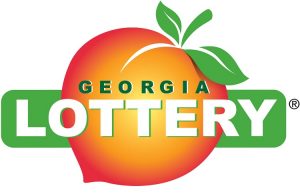The Fayetteville City Council on April 4 gave a 90-day approval to an ordinance that would cut visual clutter by curtailing the use of the increasing presence of “super-bright” LED lighting on business windows and roofs.
The vote on the temporary approval came with the understanding that more research on the issue would be conducted before the ordinance returns for further consideration. The motion for the 90-day approval was made by Councilman Ed Johnson who contended that not enough research has been done.
It was noted during the discussion that one business had already added the brighter LED lighting around its windows since the first reading of the ordinance was held two weeks earlier.
Prior to the vote, another motion was made by Councilman Walt White to adopt the option, though the motion failed to get a second.
Making the case for the amendment, Fayetteville Community Development Director Brian Wismer said that due to advances in technology, LED lighting has become a more viable option for businesses to use in a variety of indoor and outdoor uses. Most people recognize the benefits of LED lighting, specifically relating to energy savings and lamp efficiency, and want to promote the use of such lighting technology where feasible, Wismer said.
“An exception to this however, is the growing trend of using LED lights, typically in the form of channel strips or ropes, to draw attention to commercial buildings by mounting them around windows and roof lines. Sometimes referred to as ‘ultra-bright’ or ‘super-bright’ LEDs, these lights are in sharp contrast to the aesthetically pleasing architectural and landscape lighting that many Fayetteville businesses currently utilize,” said Wismer.
Wismer noted examples of LED lighting in other locations outside city limits that contribute to the visual clutter that Fayetteville has historically attempted to avoid.
The amendment to the architectural guidelines and lighting standards ordinance states that LED accent lighting in the forms of channel strip, ropes or similar configurations around windows, building facades and rooflines be prohibited.
The ordinance currently prohibits the use of neon, laser lighting and search lights or lights that pulse, flash or rotate.












Leave a Comment
You must be logged in to post a comment.